China, Russia support resumption of Six-Party Talks, promise more efforts
Updated: 2016-03-13 07:11
(Xinhua)
|
|||||||||
|
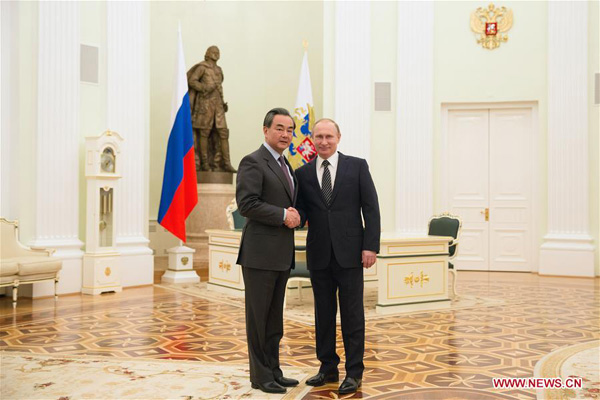 |
|
Russian President Vladimir Putin (R) shakes hands with visiting Chinese Foreign Minister Wang Yi during their meeting in Moscow, capital of Russia, on March 11, 2016. [Photo/Xinhua] |
MOSCOW - Both China and Russia pursue the denuclearization on the Korean peninsula, and support the resumption of Six-Party Talks with commitment to making new efforts to that end, Chinese Foreign Minister Wang Yi said here Friday.
"The United Nations Security Council Resolution 2270 should be fully implemented, which would, on the one hand, block further development of the Democratic People's Republic of Korea's (DPRK) nuclear programs, and on the other, should not have impact on its people and humanitarian need," Wang said at a press conference after meeting with his Russian counterpart Sergei Lavrov.
Actions should be avoided to intensify tensions on the Korean Peninsula, and efforts should be made to resume the Six-Party Talks, which are important contents in the resolution and also commitments of all the members of the United Nations Security Council, Wang noted.
There should be no alternative to the UN Security Council resolution, said Wang, adding that any unilateral sanctions beyond the resolution, since without authorization from the UN Security Council and short of international consensus, should be cautiously considered, while all parties involved should exercise restraint to prevent the situation from spinning out of control.
Wang stressed that China's proposal of promoting peace mechanism alongside the denuclearization process indicates its responsible position of not giving up negotiations, which is also part of the implementation of the resolution.
"Any sides with different ideas should speak out their own suggestions, and China is ready to listen to voices from other sides in working out the detailed and practical schemes concerning the nuclear issue," said Wang.
Commenting on the possible deployment of the Terminal High Altitude Area Defense (THAAD), a US Army anti-ballistic missile system, in South Korea, the two foreign ministers shared the opinion that it is far beyond the defense needs in the region. They believed that the deployment of THAAD would sabotage regional strategic balance and lead to an arms race.
The Six-Party Talks, involving China, the DPRK, the United States, the Republic of Korea, Russia and Japan, was designed to facilitate a peaceful solution to nuclear non-proliferation on the Korean Peninsula.
The talks were suspended in late 2008.
The UN Security Council unanimously adopted resolution 2270 on the DPRK on March 2 that, in reality, cuts off the country from any means to develop its nuclear and missile programs.
Today's Top News
Growth focus
Opening a window on rural China
Experts confident in growth objective
Clinton, Sanders spar over immigration
Scholar praises pragmatic government work report
China hits back at US over ZTE restrictions
Longer visas for foreign experts eyed to ease entry
China scholar praises pragmatic govt work report
Hot Topics
Lunar probe , China growth forecasts, Emission rules get tougher, China seen through 'colored lens', International board,
Editor's Picks

|
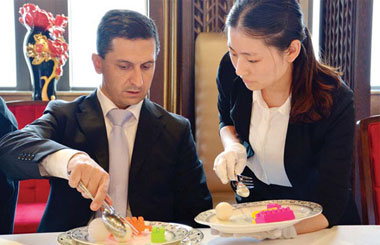
|
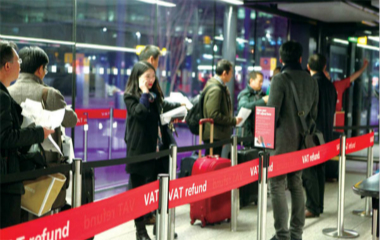
|
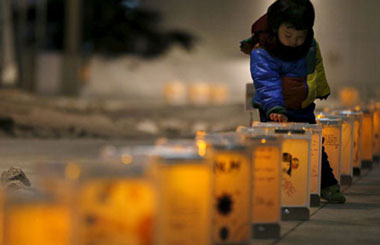
|
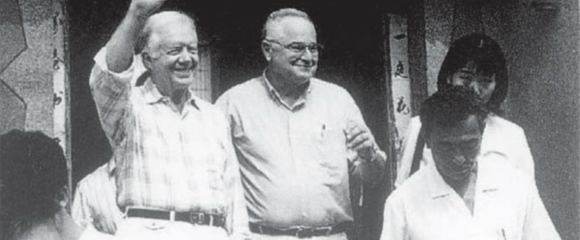
|

|






